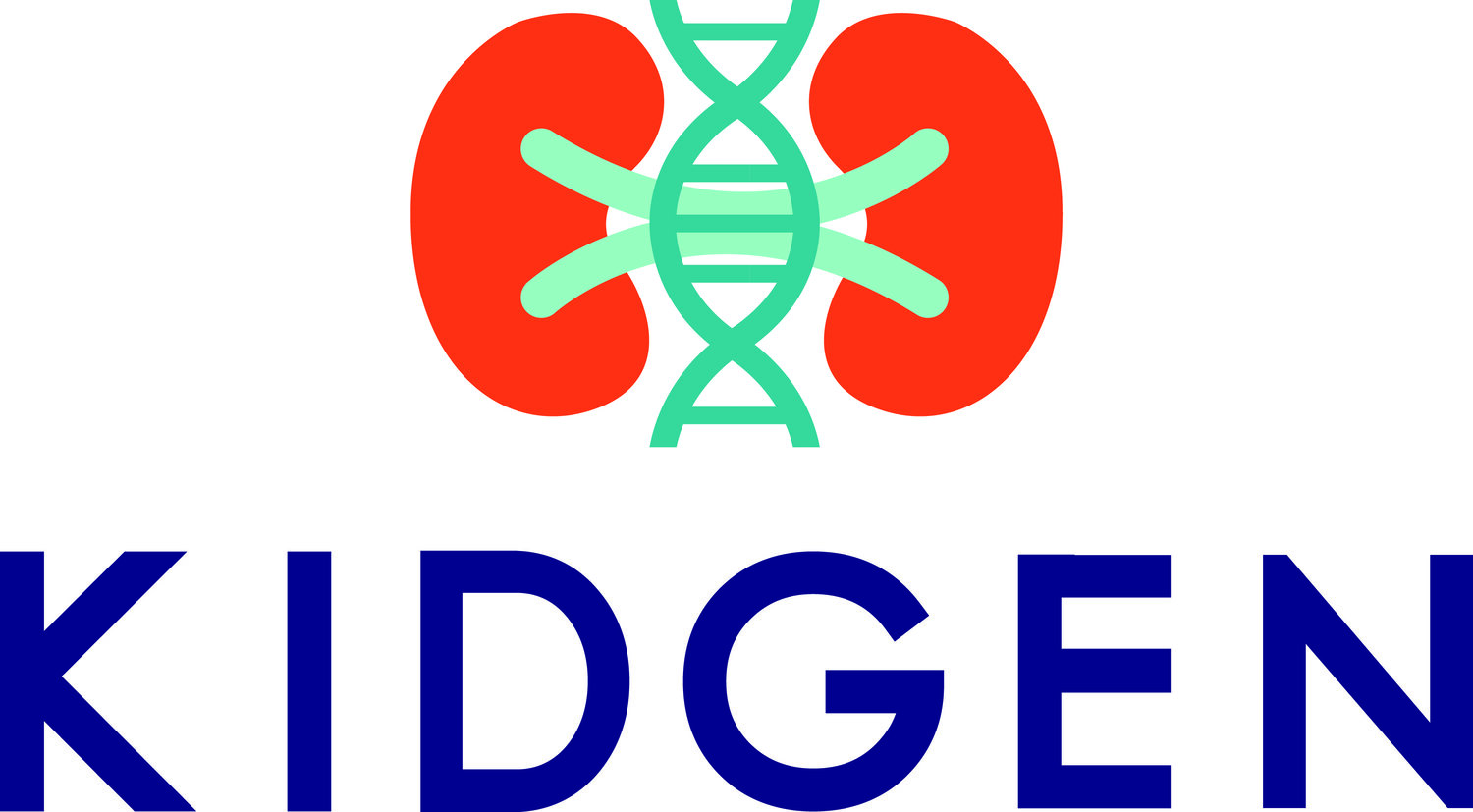This session will explore recent advancements in genomic research concerning a more refined and standardised approach to genetic variant classification and interpretation. These initiatives focus on enhancing the framework for evaluating genetic evidence to improve the accuracy and consistency of variant classification. This includes revising the defined lines of evidence and the overall framework structure to ensure evidence is considered individually and in combination. A more prescriptive approach to variant classification has been implemented to support standardised assessments across laboratories, complemented by a Bayesian point-based system.
Significant efforts to resolve variants of uncertain significance (VUS) include developing a tiered reporting approach, allowing for more nuanced interpretations of genetic data. Enhanced data sharing through platforms like Shariant and ClinVar helps resolve discrepancies between findings. Concurrently, functional genomics research, driven by initiatives such as the Australian Functional Genomics Network (AFGN) and KidGen, provides critical insights into gene function. These advancements are seamlessly integrated into diagnostic pipelines through automated reanalysis, ensuring the latest genomic insights are effectively applied in clinical practice.

